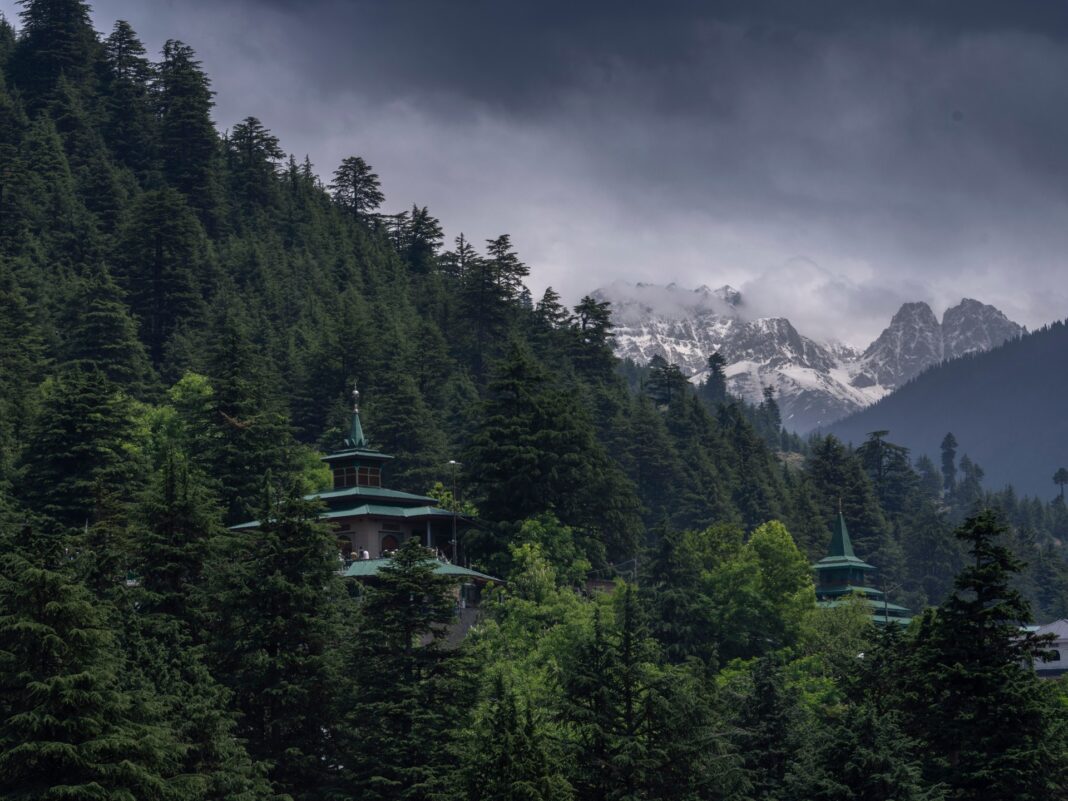The road to the Baba Nagri forest shrine in Indian-administered Kashmir was a colourful spectacle.
Tens of thousands of men in vibrant attire, henna-dyed beards and bright headgear thronged around the Muslim shrine nestled at the base of a mountain, to pay their respects last week. Worshippers raised their hands and cried out their wishes. Some also tied multicoloured threads around the trees at the shrine, which represented their prayers.
The shrine to Mian Nizamuddin Kiyanwi has its origins in the 19th century and provides free meals all year to devotees, most of them from Kashmir’s nomadic pastoral community. Devotees believe their wishes are granted at the shrine.
Kiyanwi, originally from Kashmir, migrated to the Hazara region of modern-day Khyber Pakhtunkhwa province in Pakistan during the late 19th century. There, he was mentored by a Sufi saint and later returned to Kashmir to preach Islam. After he died, the shrine was built as a mark of respect towards him – a manifestation of the region’s unique ties with Sufism.
Abdul Razaq, a devotee, said that he has been visiting the shrine since he was six and feels blessed by paying obeisance there. “I remember as a kid we had to travel a lot by foot, but things have changed, and today we can reach the shrine in a day,” he said.
Another devotee, Mohammad Farooq, who is visually impaired, said: “It would have been great if I could see things for myself, but I find peace when I visit the shrine.”
Kashmir, divided between India and Pakistan and claimed by both in its entirety, is a Muslim-majority region.
Rebel groups have been fighting since 1989 for Kashmir’s independence, a goal supported by a large number of Muslims in the disputed territory. The region has remained embroiled in civil strife for decades and the shrine, including hundreds of others strewn around its landscape, has been and continues to be, far more than a mere spiritual retreat for Muslims.
Many worshippers find these shrines a rare space far removed from unrelenting political tensions in the region.







